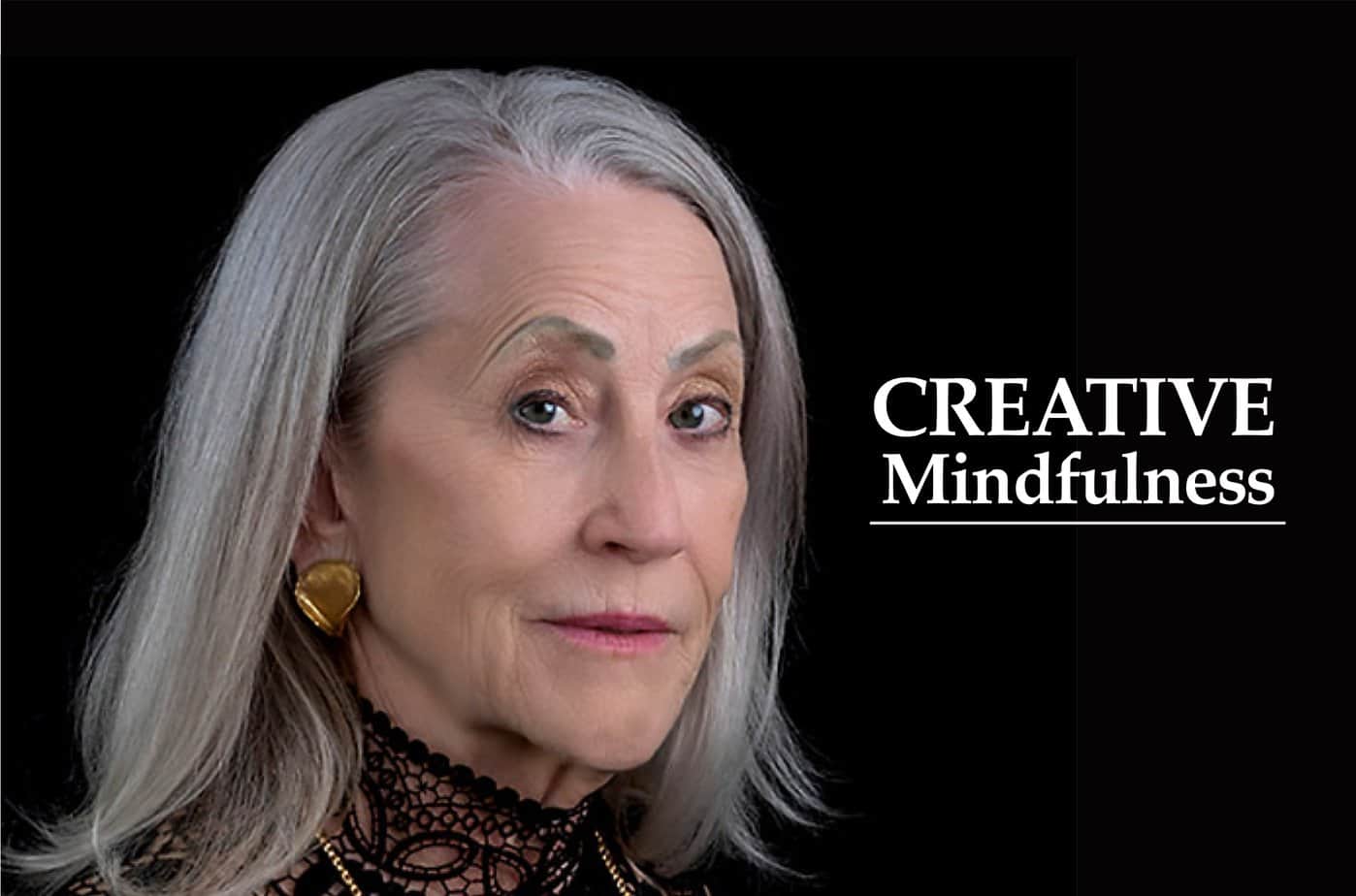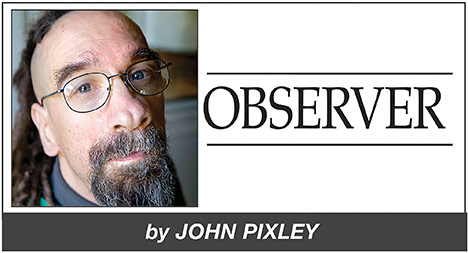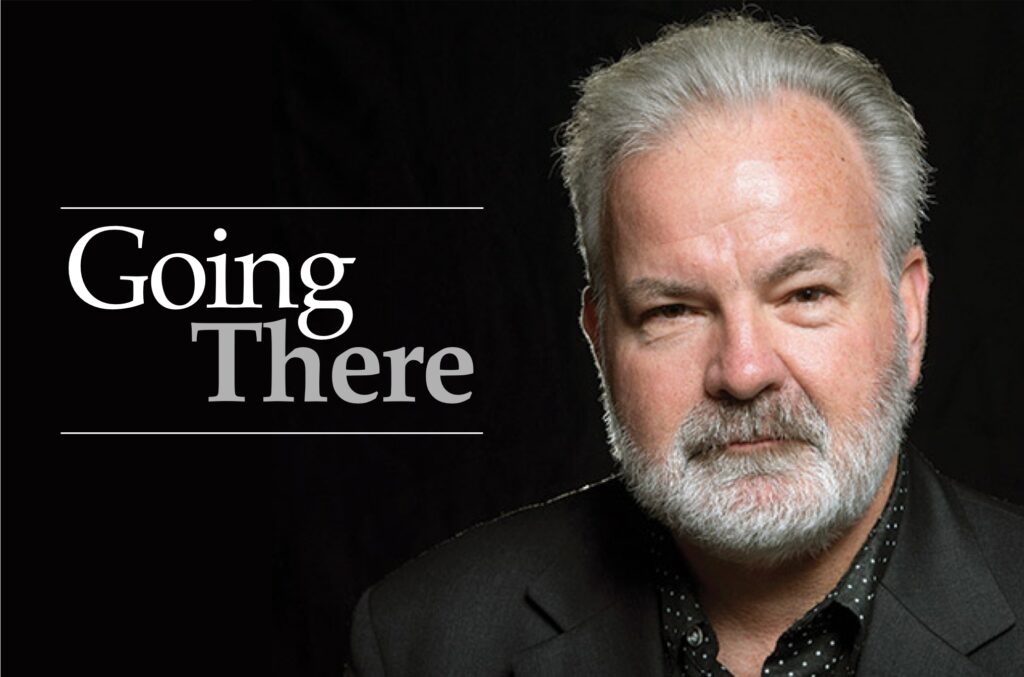Opinion: let’s clear up misconceptions about cannabis

by Janice Hoffmann
I am writing to clarify some misconceptions about the various forms of cannabis that may be preventing an informed and meaningful dialogue. This article is limited to the potential medical benefits for adults.
Whereas our body’s nervous and endocrine systems were discovered thousands of years ago, it was only in 1988 that the endocannabinoid system was discovered. According to “The Discovery of the Endocannabinoid System” in the Medical Cannabis Handbook for Healthcare Professionals, it is “the largest receptor system and the master regulator of homeostasis in the human body … acting as a chemical bridge between body and mind. It regulates blood sugar, immune function, muscle and fat tissues, hormones, pain centers, reward centers, and metabolic functions.”
Worldwide, there are more than 35,000 peer-reviewed papers on this complex cell-signaling system that works in conjunction with our nervous and endocrine systems to regulate our organs, glands, immune cells, and brains. Cannabis research lags in the United States when compared to the rest of the world because cannabis remains a Schedule I substance under the Federal Controlled Substances Act, although is legal for medical purposes in more than 30 states.
Israel leads the way in medical research, but important findings are also coming out of Canada, Spain, the Netherlands, and Uruguay. U.S.-based research facilities are eager to launch medical research, and there is legislation floating around in various stages, much with bipartisan support.
I’m not a scientist, so I encourage you to investigate this on your own and use your favorite search engine to ask Harvard, Johns Hopkins, Kaiser, various branches of NIH (NCBI, NLM), and even sources like WebMD and Healthline for more information.
You may be surprised to find your body is full of endocannabinoid receptors, and researchers are optimistic, even enthusiastic about the utilization of the whole cannabis plant. Many users have found cannabis to be a legal and safe alternative to treat numerous chronic conditions we struggle with.
Studying the endocannabinoid system promises gains in a wide range of diseases including migraines, IBS, anxiety and depression, autoimmune diseases, CRPS, eating disorders, ADHD, autism, epilepsy, Huntington’s disease, multiple sclerosis, Parkinson’s disease, and schizophrenia.
Up to now, I’ve been writing about the whole cannabis plant, including the part that makes you high, known as THC. Let’s switch now and just talk about the part of the cannabis plant that doesn’t make you high, CBD, which has many health benefits all by itself, and is legal in all 50 states.
You can look no further than the shelves of Walgreens, CVS, or your favorite health/supplement store to find an abundance of CBD products. So how do you choose? Which are backed by science, and which are just the hype of an opportunistic entrepreneur? Which come with lab test results?
Fortunately, we have a new resource in the community. Megan Mbengue (pronounced “beng”) earned her bachelor’s degree in nursing at Arizona State University, and subsequently added an impressive list of specialties, including certifications in both oncology, hospice, and palliative care. She worked at Johns Hopkins Hospital for four years before she and her family moved to Claremont in 2017 so that her husband, Malick, could take a position at The Webb Schools.
While continuing to work as a hospice nurse, Megan is pursuing a Master of Science degree in medical cannabis therapeutics at the Pacific College of Health and Science, plus, she has her own company, Trusted Canna Nurse (www.trustedcannanurse.com), providing education to healthcare workers and individuals. Her mother, Kathy Simmons, an RN with more than 40 years of experience, works with her.
When I saw the flier about her September 17 seminar at the Laemmle, I decided to reach out to her. Medical cannabis paved the path for my personal journey from seven prescription drugs 10 years ago to zero today, and serious, legitimate information has been difficult to obtain.
Megan is the real deal, educated and experienced, knowledgeable, and compassionate. With all her credentials, it is curious that a seminar about a legal substance, CBD, the one that you can buy at your local pharmacy, is neither welcome as a paid business online at Next Door nor as an exhibitor at the Claremont Farmer’s and Artisan’s Market. Fortunately, you can find Trusted Canna Nurse on social media at Facebook, Instagram, and TikTok.
See you at the Laemmle and perhaps we can all learn something together.









0 Comments